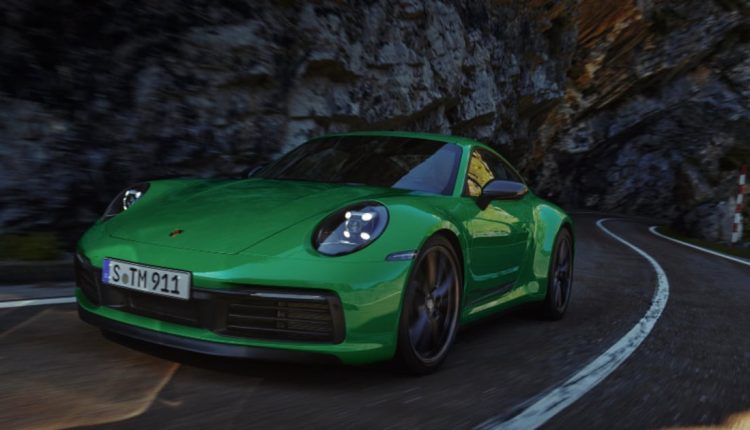The European Commission’s decision in late March to allow an exemption for cars running on e-fuels to qualify for sale after 2035 — when all new vehicles must be zero-emission — has given the internal combustion engine a new life in Europe.
But do the fuels, which are processed from water and carbon dioxide, come at too great a cost?
Critics say e-fuels are an expensive distraction from the transition to electrification, which they say offers a much greater return on investment if the goal is to reduce greenhouse gases. They say that e-fuel production will divert sustainable wind and solar energy from more pressing uses, and that combustion engines running on e-fuels still produce pollutants such as nitrogen oxide and carbon monoxide.
Supporters say they can be a “plug and play” way to decarbonize the hundreds of millions of internal-combustion engine cars on the road, as well as other forms of transportation such as shipping and aviation. They say that cars running on e-fuels can have a similar carbon footprint to EVs using a holistic life-cycle assessment.
It’s not yet clear what e-fuels regulations will look like or when they could be finalized, but the move has complicated the industry’s multibillion-dollar march toward full-electric vehicles, which looked all but inevitable just a few months ago.
Prominent backers in the automotive industry include sports-car makers Porsche and Ferrari, which see them as a way to continue selling their iconic internal combustion engines such as the Porsche 911’s flat-six and the Ferrari V-12. Porsche has invested heavily in a pilot e-fuels plant in Chile with Siemens and energy companies.
“I know no other possibility to decarbonize combustion-engine cars,” Porsche and Volkswagen Group CEO Oliver Blume said in March at the group’s annual results conference.
“This is very good for us, because you can run a thermal car with a fuel that is (carbon) neutral,” Ferrari CEO Benedetto Vigna said in May.
But it’s not just exotic cars that may benefit from e-fuels. Following the EU’s decision, the CEOs of Stellantis and Renault said they could be a valid solution to decarbonize existing internal combustion engines, although they stopped short of explicitly endorsing their use after 2035 in new cars.
“It’s good news, but not only good news for Ferrari and Porsche,” Renault Group CEO Luca de Meo said in May. He said the group’s Dacia brand would seek to switch to electrification “as late as possible,” agreeing that e-fuels could be a way to decarbonize Dacia’s affordable cars with internal combustion engines. Renault is working with Saudi Aramco, its partner in a planned combustion-engine venture, to develop e-fuels.
Stellantis in April said it was completing testing of e-fuels on a range of engine families from 2014 to 2029, although noting that it was “remaining committed” to selling only battery-electric vehicles in Europe by 2030.
“By working to make sure our Stellantis engines are e-fuels friendly, we are aiming at giving our customers another tool in the fight against global warming,” CEO Carlos Tavares said in a news release.
The EU’s move to allow cars running on e-fuels dismayed critics.
“Losing focus away from electrification of road transport risks diverting resources and delaying scaling up of battery electric vehicles,” the environmental group Transport & Environment wrote in a report on e-fuels in 2021.
William Todts, the executive director of T&E, wrote in March that the “e-fuels lobby’s backers, mainly the oil industry, are not looking for a fair contest between e-fuels and electric vehicles — they are looking to derail mass electrification.”
The e-fuels lobbying group, the E-Fuels Alliance, says that is not against electrification, but that e-fuels can be produced in a truly sustainable way, and that their current high cost will come down if there is a market for them.


